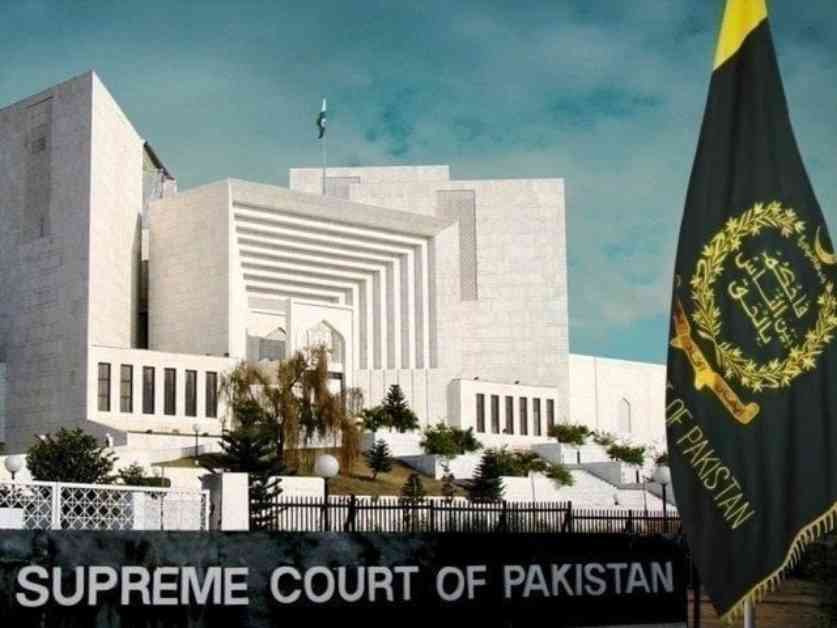The Supreme Court of Pakistan is currently grappling with a critical constitutional question regarding whether civilians can be prosecuted under the Army Act. This issue has sparked intense debate, with judges raising concerns about the legality and scope of military courts trying civilians.
Defence ministry lawyer Khawaja Haris defended the practice, arguing that civilians could be subject to trial under the Army Act if they commit specific crimes outlined in its provisions. However, Justice Jamal Mandokhail challenged this stance, questioning how an executive body like the military could act as a judge in civilian matters. He emphasized that such arrangements are prohibited by the Constitution.
Justice Muhammad Ali Mazhar further clarified that merely being in proximity to a military checkpoint does not justify trial under the Army Act. Only if a civilian commits an offense explicitly defined in the act can they be subjected to trial. The bench also explored whether disobeying military orders, such as approaching a restricted checkpoint, could constitute interference with the armed forces’ duties.
The broader implications of expanding military courts’ jurisdiction were highlighted by Justice Musarrat Hilali, who questioned whether civilians should be tried at all in such a setting. These deliberations underscore the complexity and significance of the issue at hand.
### Expert Opinions
Experts have raised concerns about the potential infringement of fundamental rights in the context of civilians being tried in military courts. Justice Mandokhail, in particular, emphasized that individuals not bound by military discipline should not be subjected to trials under the Army Act. This sentiment reflects a broader legal and ethical debate surrounding the intersection of military law and civilian rights.
### Historical Context
The Supreme Court’s ongoing examination of this issue follows previous rulings that declared the trial of civilians in military courts null and void. In a landmark decision, certain clauses of the Pakistan Army Act, 1952, were deemed unconstitutional. These legal precedents inform the current debate and underscore the evolving nature of legal proceedings in the country.
### Conclusion
As the Supreme Court continues to seek clarity on the prosecution of civilians under the Army Act, the fundamental principles of justice, legality, and constitutional rights are at the forefront of this legal discourse. The outcome of this deliberation will have far-reaching implications for the legal system in Pakistan and the protection of civilian rights.









